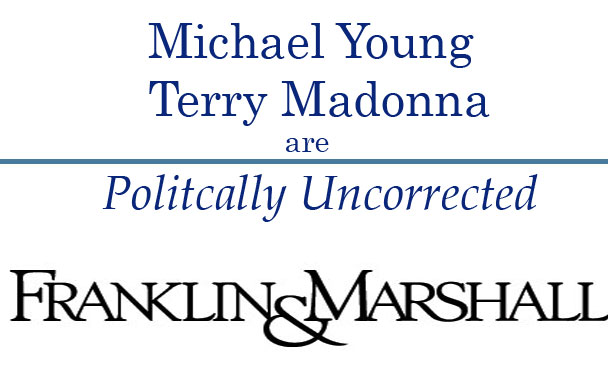The Joe Biden Problem

Joe Biden’s recent presidential announcement surprised few, but it will surprise more than a few if Biden actually wins the Democratic presidential nomination. At age 76 today, he would be the oldest president ever inaugurated by more than seven years. He also brings several other liabilities not shared with other front runners into the race.
His record in public office spans five decades back to the 1970’s, a period in which huge cultural shifts have occurred–most particularly on racial and gender issues. Many of Biden’s positions over the years such as his strong support for mass incarceration policies, with its now well understood racial consequences. Add to that his demeanor during the Anita Hill hearings that will be politically damaging for him. The recent controversy that erupted over his alleged improper “touching “ of women illustrate the challenges that will confront him as he struggles to present himself as a moderate, senior statesman who still “gets it.” Moreover, Biden, as a lifelong centrist will be swimming upstream in a Democratic party turning sharply to the left.
Against these disadvantages, however, Biden brings some impressive strengths into the race. He was the vice president in a popular Democratic administration and the remaining glow from the Obama year’s still envelops him. Moreover, his long tenure in public office gives him by far the deepest roots in the Democratic party of any other candidate (Sanders has been an Independent most of his career). If there is an “establishment” candidate in the Democratic primary race, Biden is it.
He is also a gifted politician, effective on the stump, experienced in national campaigns, personally likeable, and the nearest thing to an “incumbent” Democrats have. Additionally, Biden touts unrivaled foreign policy credentials and leads the Democratic field of the 20 announced candidates in the early polls.
But, perhaps, his greatest strength among a Democratic electorate seeking an “electable” nominee is his unique opportunity to dismantle Trump’s Electoral College strategy – a strategy that relies heavily on Trump’s ability to win again in 2020 the states of Ohio, Wisconsin, Michigan and Pennsylvania.
These four states delivered the presidency to Trump in 2016. With Biden as the 2020 nominee, however, all four of these “must” states become problematic for Trump – who probably needs all of them to win re-election.
Of the four, Pennsylvania presents perhaps the greatest threat to Trump if Biden is the nominee. That’s because Biden, born in Scranton, enjoys almost native son popularity in the state, as well as strong support among working class voters.
Trump’s 44,000-vote victory statewide in Pennsylvania in 2016 was largely due to working class voter support in the southwestern and northeastern regions of the state. Biden is popular in both regions which could enable him as the nominee to win Pennsylvania in a contest with Trump.
Taking the “Keystone State” out of the Trump coalition would compel Trump to replace the 6th largest state’s 20 crucial electoral votes – a task that may not be possible given the dwindling number of potential 2020 swing states. If Biden does become the nominee in 2020, Trump will be challenged to keep his 2016 Electoral College coalition together.
Moreover, Trump lost the popular vote in 2016 and could well lose the popular vote again, meaning he would need to repeat his Electoral College performance. So, Democrats in 2020 may face a painful dilemma. Biden remains the face of the past within a party seeking a brave new future. Yet, he simultaneously looks like the Democrats most likely winner in the Electoral College.
Ultimately, it may come down to how bad Democratic voters want to win in 2020. Biden may have the best opportunity to defeat Trump in the Electoral College – but at least three and maybe more already announced Democratic candidates pose major threats to Biden in the battle for the party’s nomination.
For Democrats it will become a choice of “purity” or pragmatism. Historically, Republican’s do a better job employing pragmatism to select a nominee, but Democrats may be ready to learn from their GOP counterparts.
Hence, 2020 looks like it may be a presidential election fought out between two nominees selected for their “electability” over other more traditional factors. Some Republicans may not prefer Trump but it’s clear that he will be the nominee. While they may lose with him, they would surely lose without him.
On the other hand, Democrats may prefer a nominee other than Biden but may chose him anyway because he seems most likely to beat Trump where it counts – and that is in the Electoral College.
The voters will work this all out as they always do. In the meantime, the stage is being set for one of the most hotly contested, drama-infused, and significant elections in modern American history.
Winning a presidential election is always important – but winning in 2020 may be as important as any election since 1932 in setting the future trajectories of both major parties and the role government plays in the lives of Americans.







